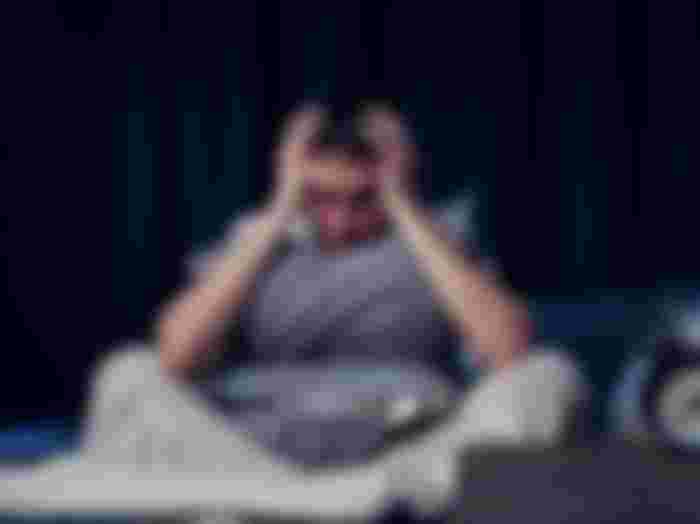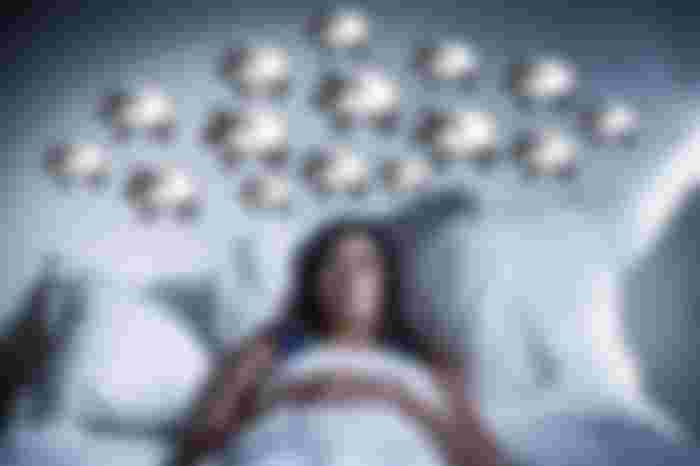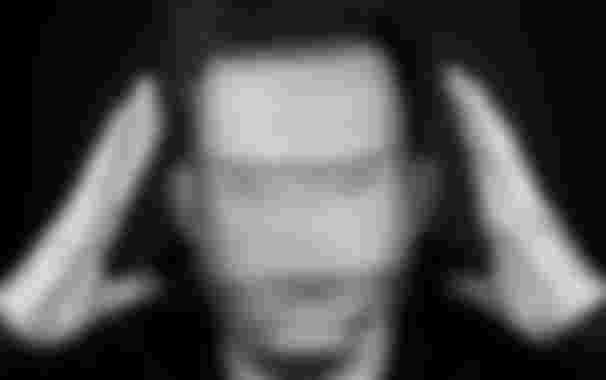Neuroscientists from Guangdong Province, China, have conducted a study to identify the effects of insomnia. It was attended by 23 people with primary insomnia, and 30 healthy people. Scientists performed an MRI scan of the brain with diffusion tensor imaging, which can track the movement of water along the white matter. People with insomnia showed reduced white matter integrity in the right hemisphere of the brain as well as the thalamus.
A direct relationship was found between these deviations and the duration of insomnia, as well as depressive disorders that a person faces. Disturbing the distribution of white matter in the brain can have very negative consequences. As the main reason for this phenomenon, researchers cite the loss of myelin, which forms the protective sheath of nerve fibers.

It must be said that the scientific world has not yet undertaken to accurately answer the question of why insomnia occurs. Meanwhile, new research will help better understand the implications of this disorder.
Lack of sleep triggers unwanted thoughts
Many studies have shown that lack of sleep significantly reduces a person's ability to "drive away" negative thoughts.
Avoiding unpleasant or unwanted thoughts occurs through a psychological defense mechanism that psychologists call repression. Sometimes it can malfunction (for example, when the painful thoughts are repressed, which, without their awareness, lead to neurosis), but in general, repression protects the psyche from the flow of obsessive thoughts and similar "harmful" phenomena for mental health. For example, memories of a stressful experience or a traumatic situation.

For most people, such episodes pass quickly and do not entail serious consequences, for those who suffer from mental illness or have post-traumatic stress disorder, such events can be repetitive and uncontrollable, which in itself is excruciating. However, even in healthy people, the ability to suppress unpleasant thoughts is very different. And the factors that influence this are not known for certain to science.
As a result, it turned out that the number of unwanted thoughts in participants with sleep deprivation increased by almost half compared with those who got enough sleep. In general, for the sleepy participants, the invasion of negative thoughts remained consistently higher. On the other hand, those who had a good rest at night even acquired the ability to look more calmly at the images of scenes that had previously caused more negative experiences (after completing the repression task).
"This study offers important insights into the effects of sleep on mental health," said Scott Carney, lead author of the study, University of York Psychology PhD. "In addition to PTSD and depression, our findings may have implications for understanding other disorders associated with sleep disorders, such as obsessive-compulsive disorder and schizophrenia."




Thank God I have no trouble sleeping